Production designer Raymond Zibach (“Sinbad: Legend of the Seven Seas”), editor Mary Blee (“How to Train Your Dragon”); and head of story Heidi Jo Gilbert (“Puss in Boots: The Last Wish”) are all involved in the project as well.
The film will mark Sanders’ fifth directorial effort, his first being Disney’s “Lilo & Stitch” and his most recent being the live-action, book-based film “The Call of the Wild” starring Harrison Ford.
Similar Topic: Interview with Mr. Lucas Martell, creator behind Pigeon: Impossible aka Spies in Disguise
Here is the goodreads synopsis of The Wild Robot:
Can a robot survive in the wilderness?
When robot Roz opens her eyes for the first time, she discovers that she is all alone on a remote, wild island. She has no idea how she got there or what her purpose is--but she knows she needs to survive. After battling a violent storm and escaping a vicious bear attack, she realizes that her only hope for survival is to adapt to her surroundings and learn from the island's unwelcoming animal inhabitants.
As Roz slowly befriends the animals, the island starts to feel like home--until, one day, the robot's mysterious past comes back to haunt her.
From bestselling and award-winning author and illustrator Peter Brown comes a heartwarming and action-packed novel about what happens when nature and technology collide.
Source: The Wrap
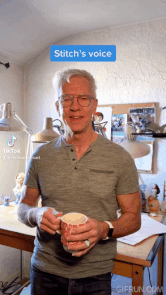
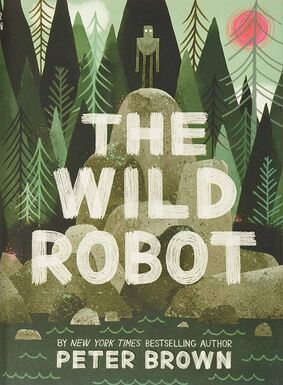
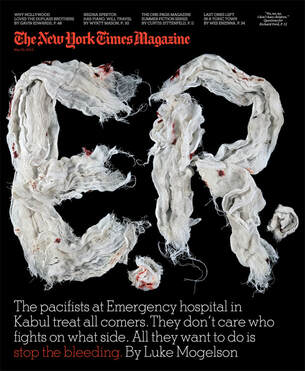
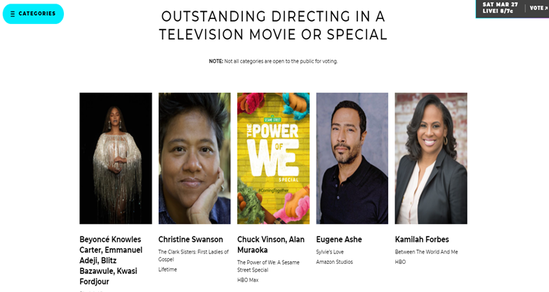
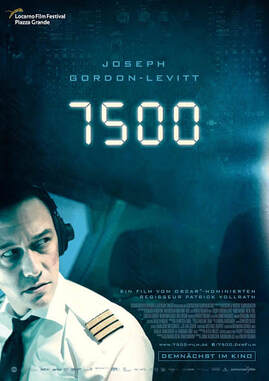
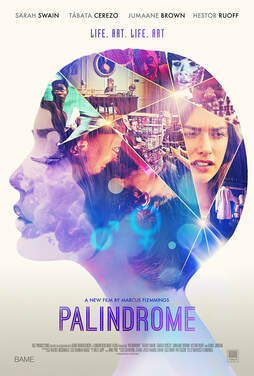
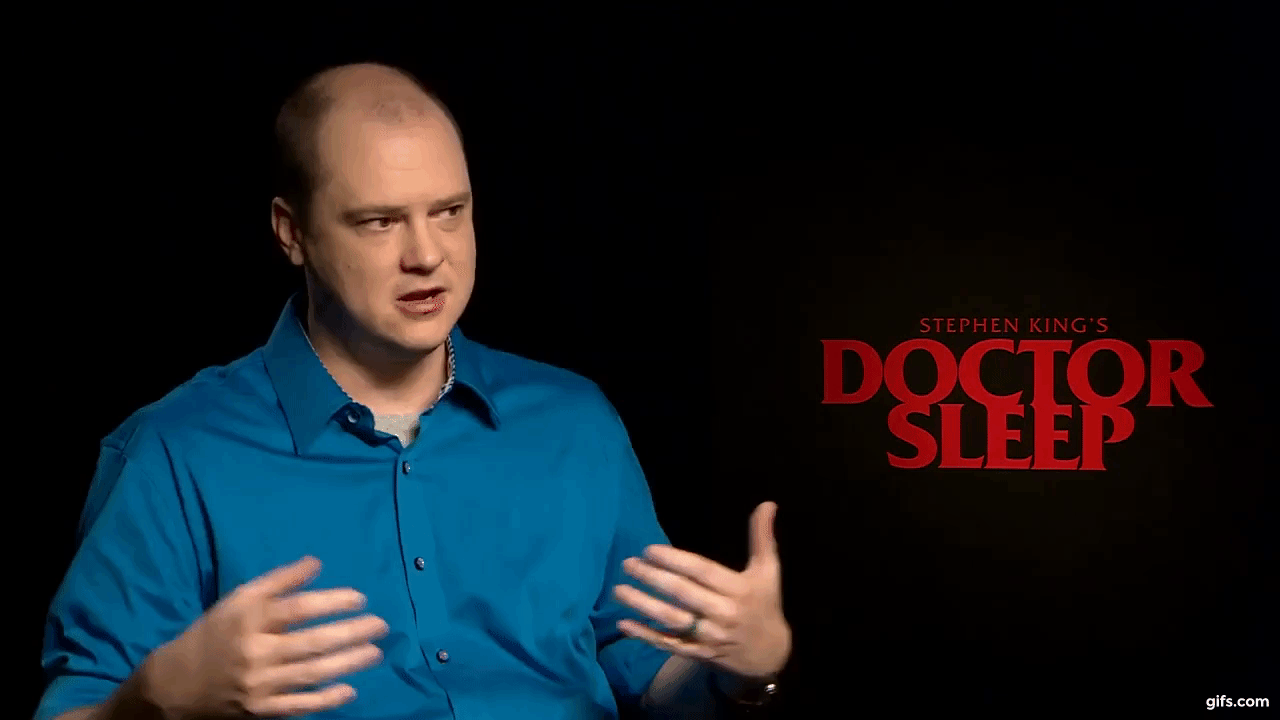
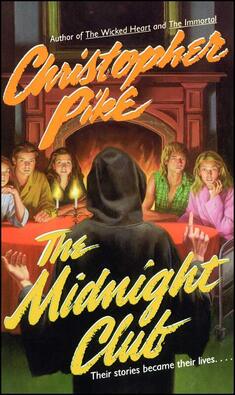
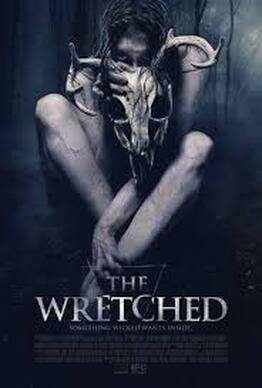
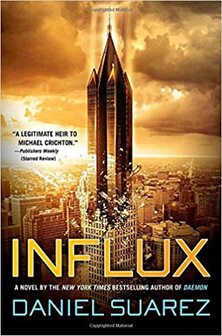
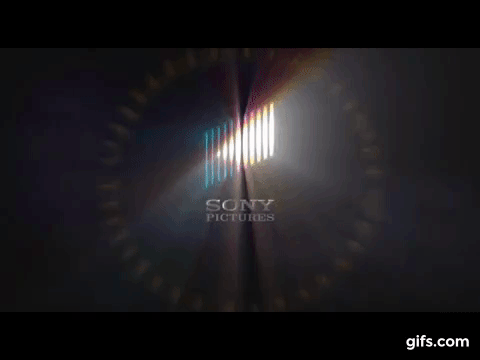
 RSS Feed
RSS Feed
